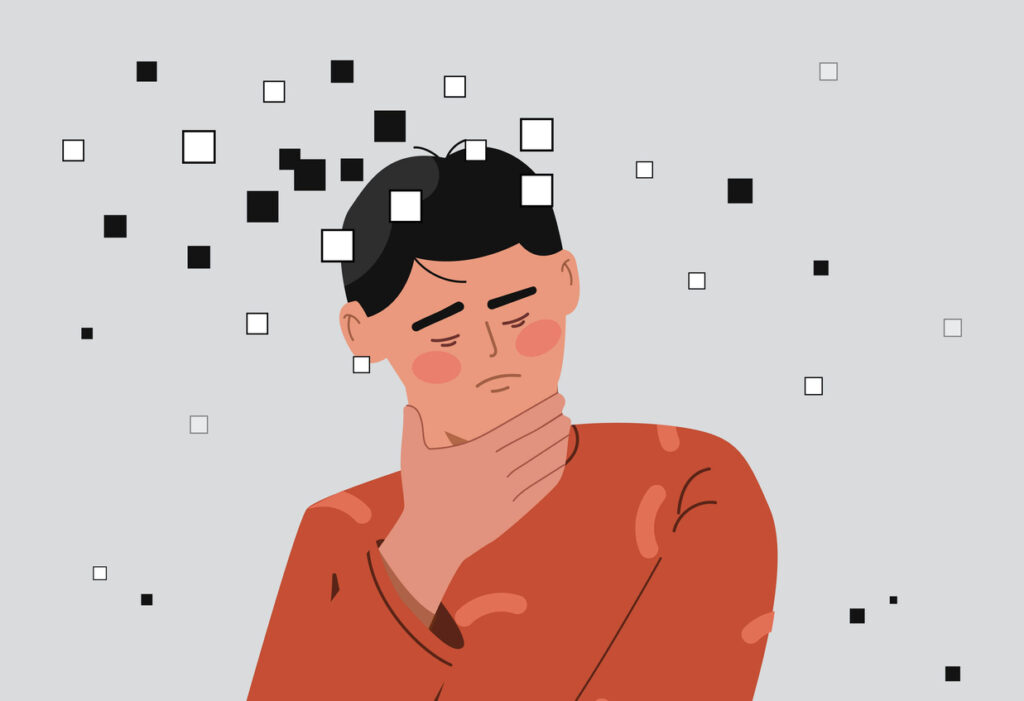Get Our Insider to Property Damage Brochure

Proving Long-Term Cognitive Impairments from TBIs in North Carolina Cases
April 16, 2025Traumatic brain injuries (TBIs) are some of the most devastating injuries a person can suffer, especially when they result in long-term cognitive impairments. While a broken bone may heal over time, the effects of a brain injury can be permanent, deeply affecting memory, concentration, communication, and the ability to function in everyday life.
At Dewey, Ramsay & Hunt, our Charlotte personal injury lawyers represent individuals and families across North Carolina whose lives have been forever changed by TBIs caused by car crashes, falls, construction accidents, and other acts of negligence. These cases require more than just showing that an injury occurred—they need clear, convincing proof of how that injury will impact the victim’s life for years.
Understanding Cognitive Impairments from TBIs
A traumatic brain injury occurs when a sudden jolt, blow, or penetrating injury disrupts normal brain function. While some TBIs are classified as “mild,” even a so-called minor concussion can have serious, lingering effects, especially when symptoms persist or worsen.
Common cognitive impairments after a TBI include:
- Short-term and long-term memory loss.
- Difficulty focusing or maintaining attention.
- Problems with language, reading, or writing.
- Slowed processing speed.
- Poor judgment and impulse control.
- Trouble learning new information.
- Emotional and personality changes
These symptoms can make it difficult—or impossible—for a person to return to work, maintain relationships, or live independently.
Why These Cases Are Challenging to Prove
Unlike visible injuries, cognitive impairments from a TBI are often invisible and subjective, making them harder to demonstrate in court. Insurance companies may argue the victim is exaggerating, blame pre-existing conditions, or point to a lack of immediate symptoms as evidence the injury isn’t real.
In North Carolina personal injury cases, the burden of proof is on the injured party. That means your attorney must present clear, objective evidence of the TBI’s impact on your health and ability to earn a living, engage with your family, and enjoy your life.
How Our Attorneys Prove Long-Term Cognitive Effects
At Dewey, Ramsay & Hunt, we work with leading medical experts, including neurologists, neuropsychologists, and vocational specialists, to build comprehensive TBI cases.
We use:
- Brain scans (MRI, CT, DTI) to show structural damage.
- Neuropsychological testing to assess cognitive performance.
- Expert reports linking symptoms to the accident.
- Testimony from family, friends, and coworkers about the victim’s behavioral and functional changes.
- Life care planners to project long-term needs and costs.
We also ensure that juries and insurance adjusters understand how subtle impairments can have devastating consequences in the real world—like forgetting appointments, struggling to follow conversations, or becoming unable to care for children.
Fighting for the Full Compensation You Deserve
TBI cases aren’t just about paying for past medical bills. They’re about securing a future for someone whose life has been altered in ways they never imagined. If you or a loved one is dealing with long-term cognitive impairments after a brain injury caused by someone else’s negligence, you don’t have to fight alone.
Contact Dewey, Ramsay & Hunt at 704-377-3737 or online for a free consultation. Our Charlotte Brain injury attorneys are here to help you pursue the justice, support, and compensation you need to move forward.
Your Injury, Our Fight. How can we help you take a stand?
Because every case is different, the description of awards and issues previously managed by our law firm does not guarantee a similar outcome in current or future cases.

